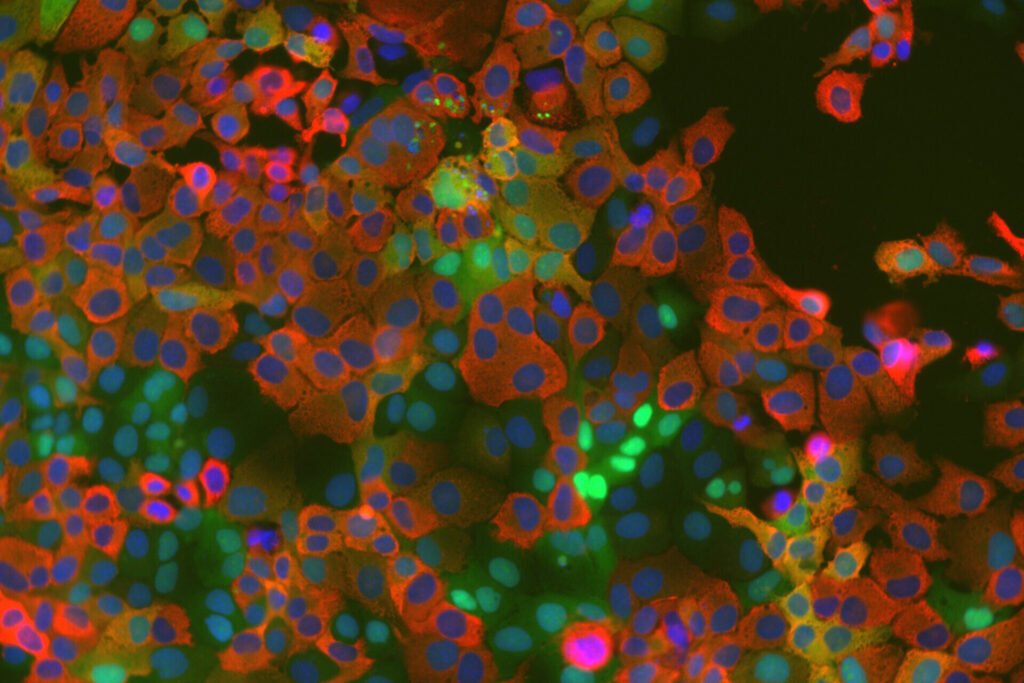A recent study conducted by a research team at Ruhr University Bochum, Germany, has shed light on a crucial cellular mechanism essential for the replication of coronaviruses. The researchers identified c-Jun N-terminal kinase (JNK) as a key player in the infection process of human coronavirus HCoV-229E. This kinase is activated during the infection and is responsible for phosphorylating the viral nucleocapsid (N) protein, a critical step in the virus replication cycle. These findings provide valuable insights into virus-host interactions and may pave the way for new antiviral strategies in the future.
The team, led by Dr. Yannick Brüggemann and Professor Eike Steinmann, published their research in the journal “npj Viruses” on September 18, 2025. Through a series of experiments utilizing live-cell microscopy, immunofluorescence, and biochemical analyses, the researchers observed the specific activation of JNK in infected cells. By using a kinase translocation reporter (KTR), they were able to visualize the increase in JNK activity following infection. Furthermore, when the kinase was inhibited using specific inhibitors, there was a significant reduction in virus production, not only for HCoV-229E but also for SARS-CoV-2.
Collaborating with the group led by Professor Michael Kracht at the University of Giessen, the team also discovered that JNK phosphorylates specific serine residues on the N protein. These phosphorylation sites are conserved across various coronaviruses, indicating that JNK plays a crucial role in the replication of different virus types.
Dr. Brüggemann emphasized the significance of these findings, stating, “Our data highlight JNK as an important host factor directly involved in modifying the N protein, a critical step in virus replication.” Professor Steinmann added, “The inhibition of JNK hindering the replication of both HCoV-229E and SARS-CoV-2 underscores the potential of this signaling pathway as a promising target for future antiviral therapies.”
This groundbreaking research provides a deeper understanding of the intricate interactions between viruses and host cells. The identification of JNK as a key regulator in coronavirus replication opens up new possibilities for developing novel antiviral treatments. By targeting this cellular mechanism, researchers may be able to devise more effective strategies to combat viral infections in the long run.
For more information on this study, you can refer to the publication in “npj Viruses” by Yannick Brüggemann et al., DOI: 10.1038/s44298-025-00152-7. The research was conducted at Ruhr University Bochum and highlights the collaborative efforts of scientists in unraveling the mysteries of virus-host interactions.


